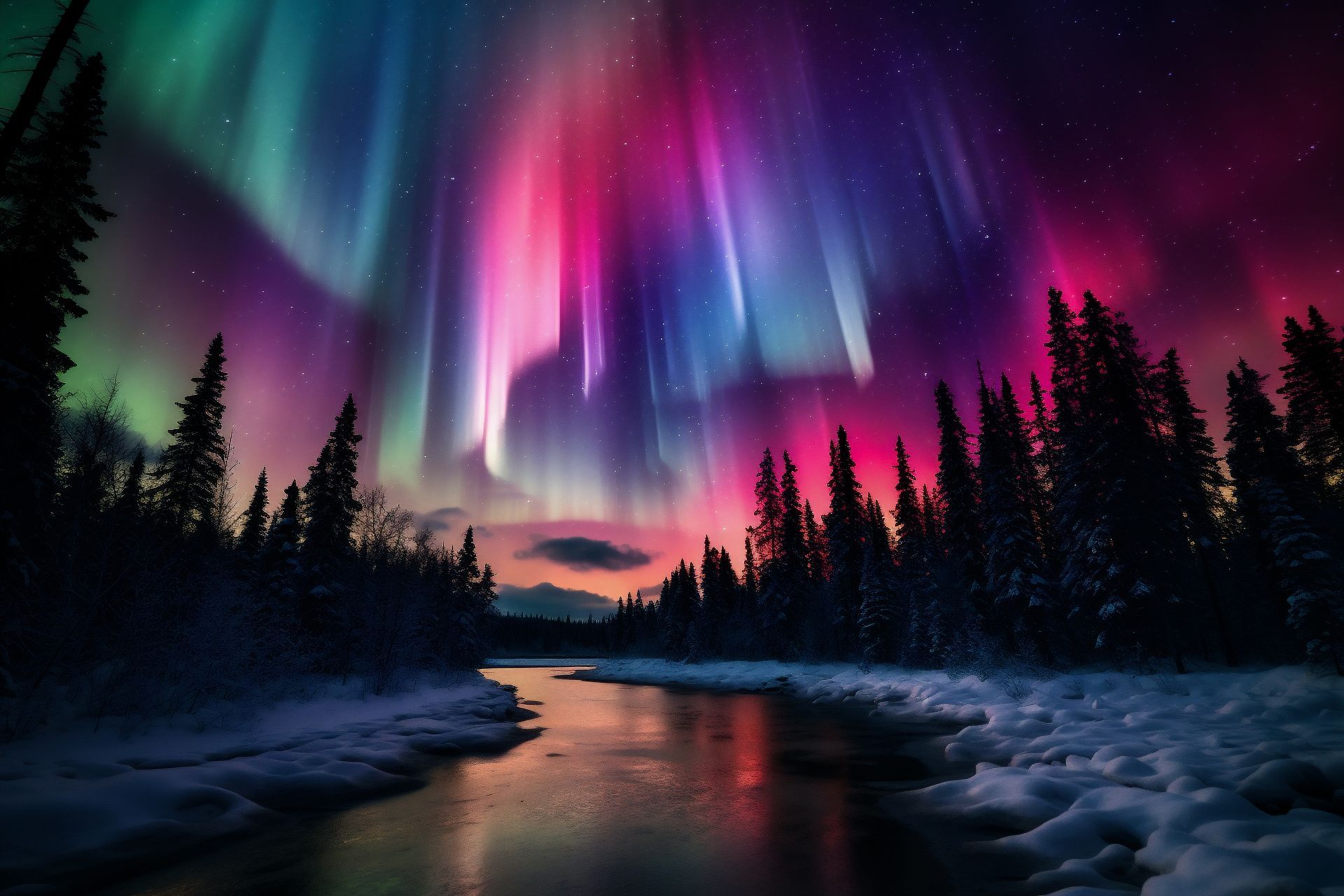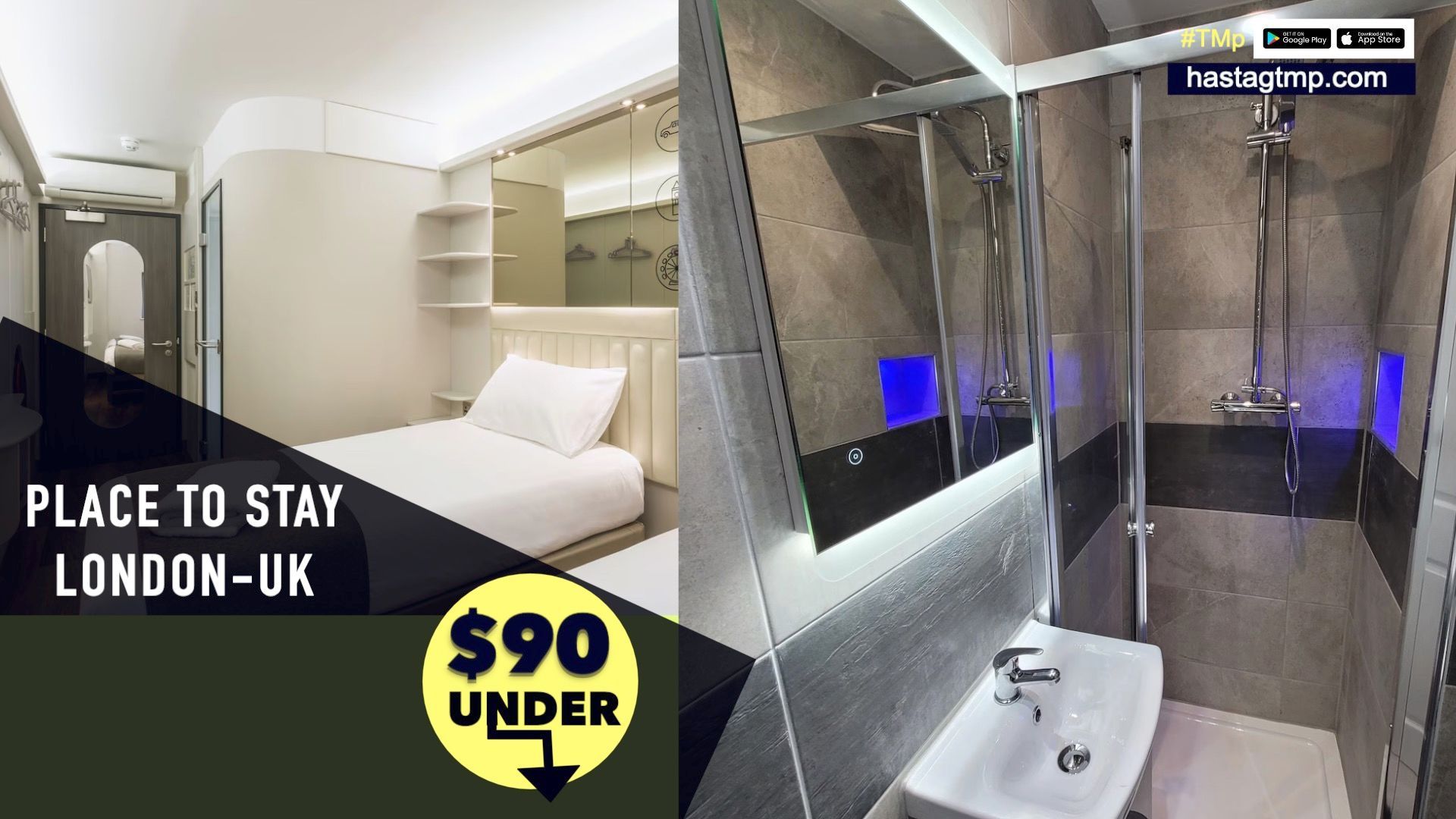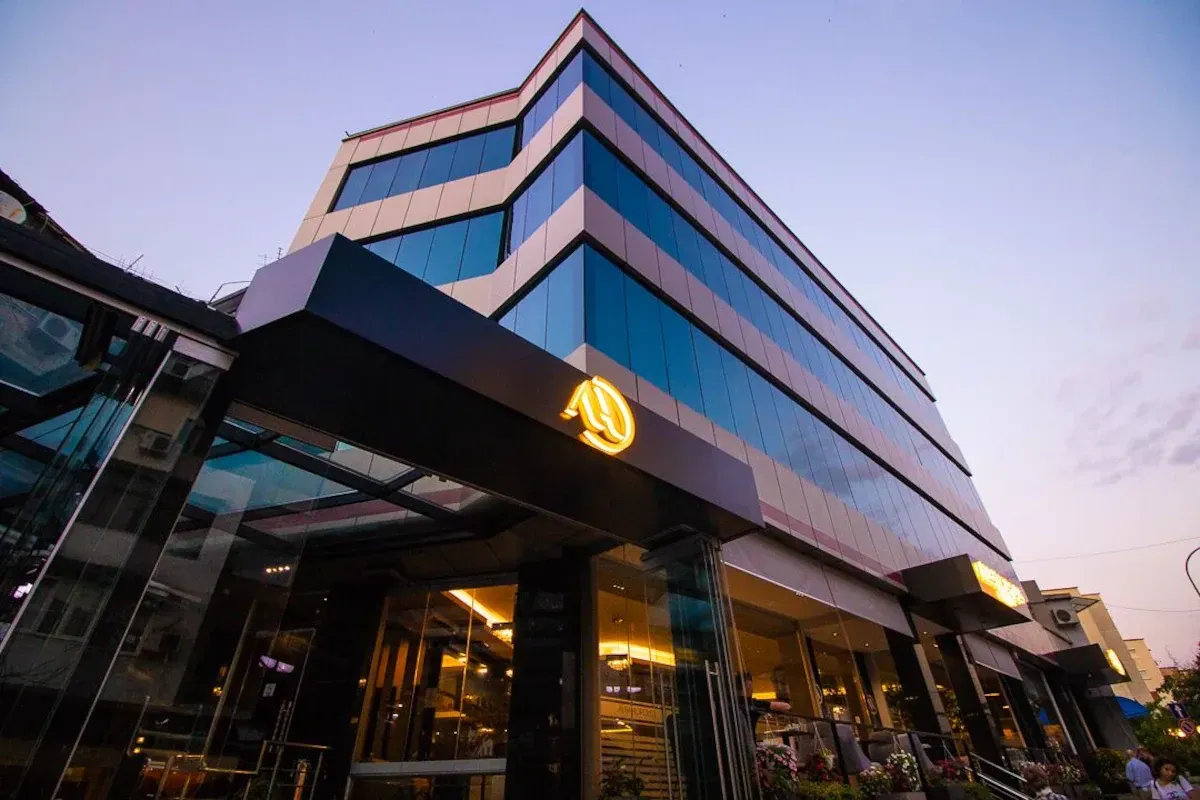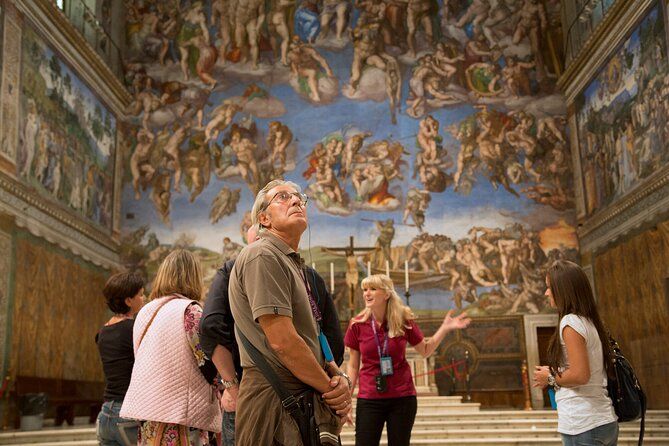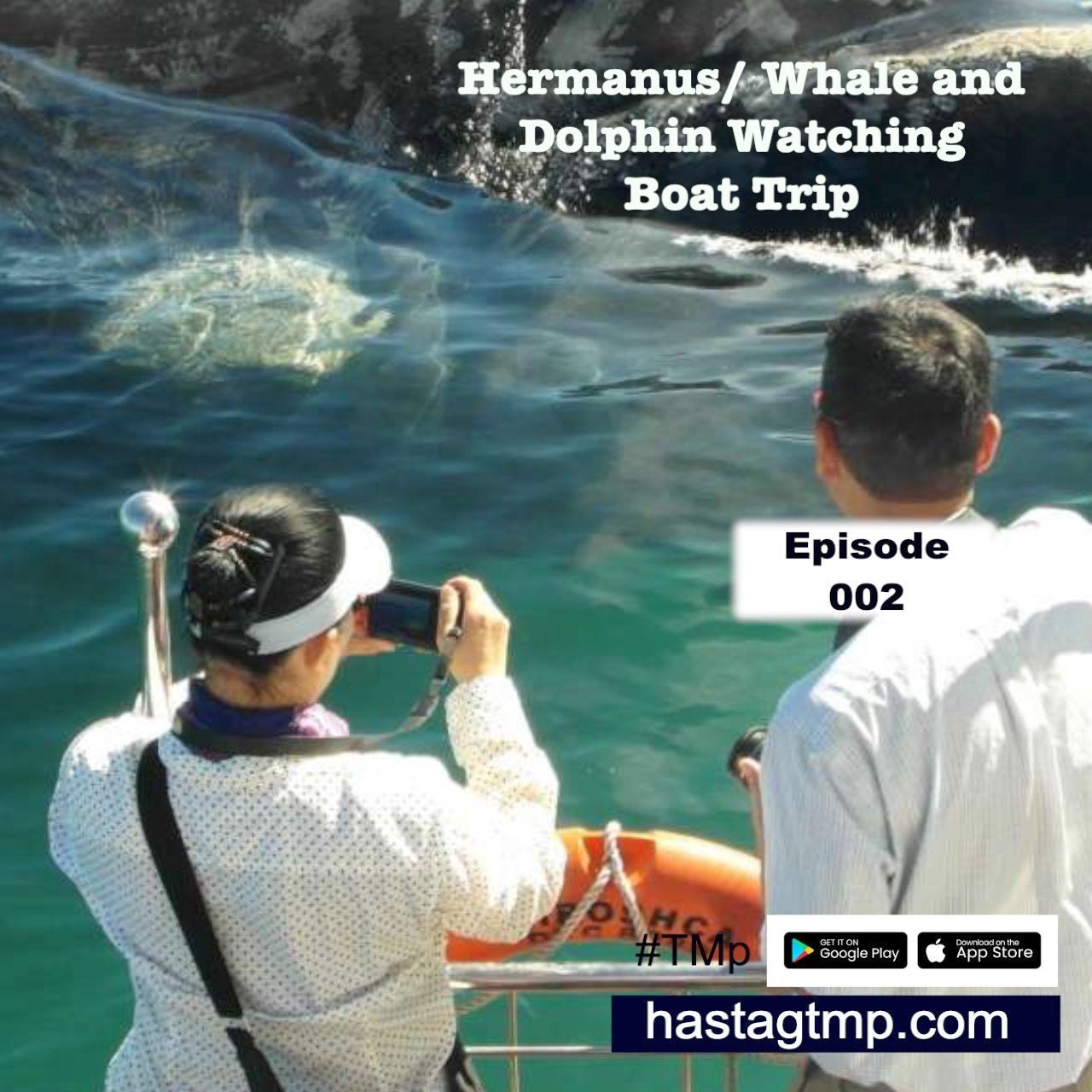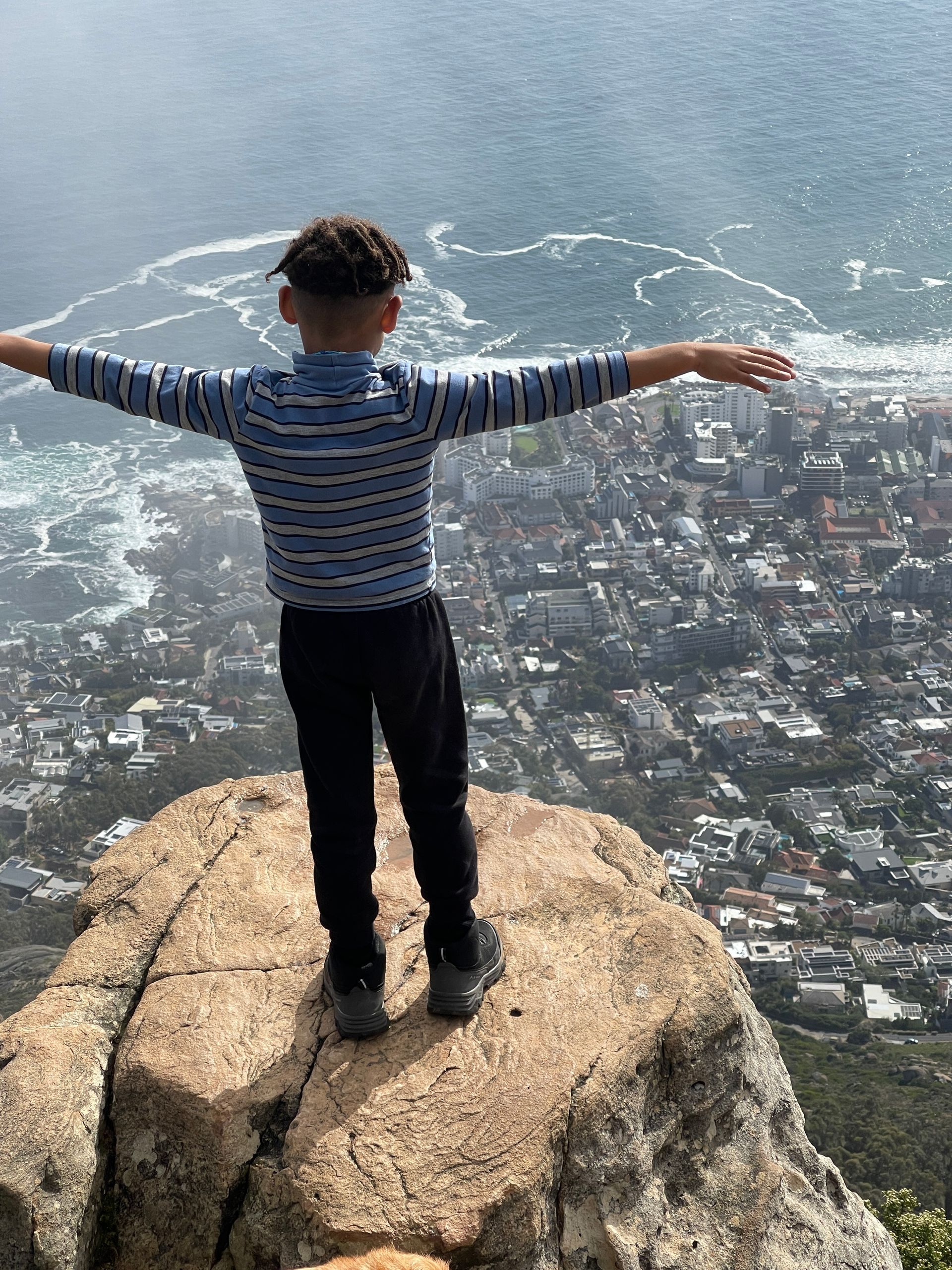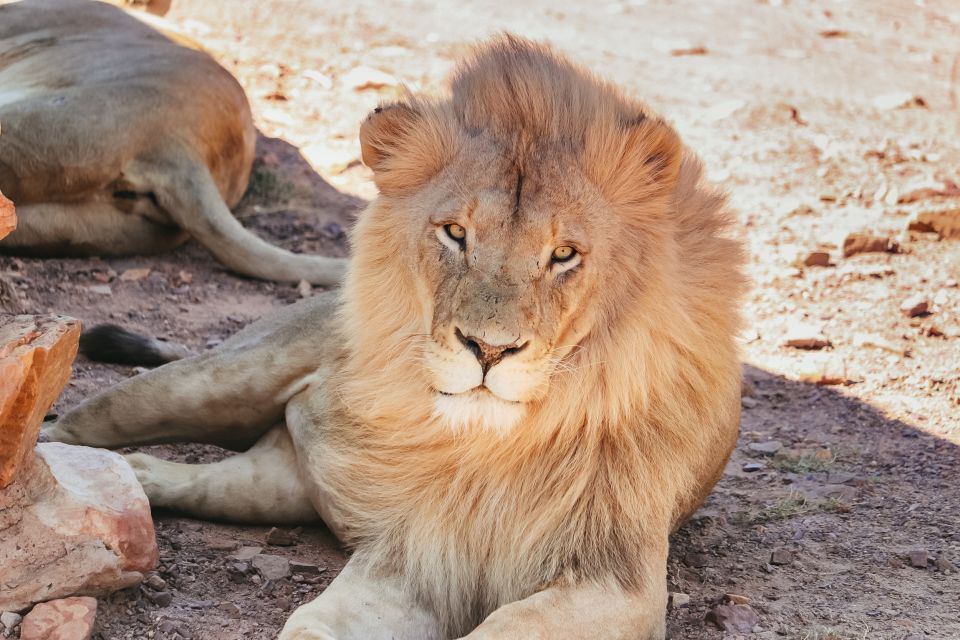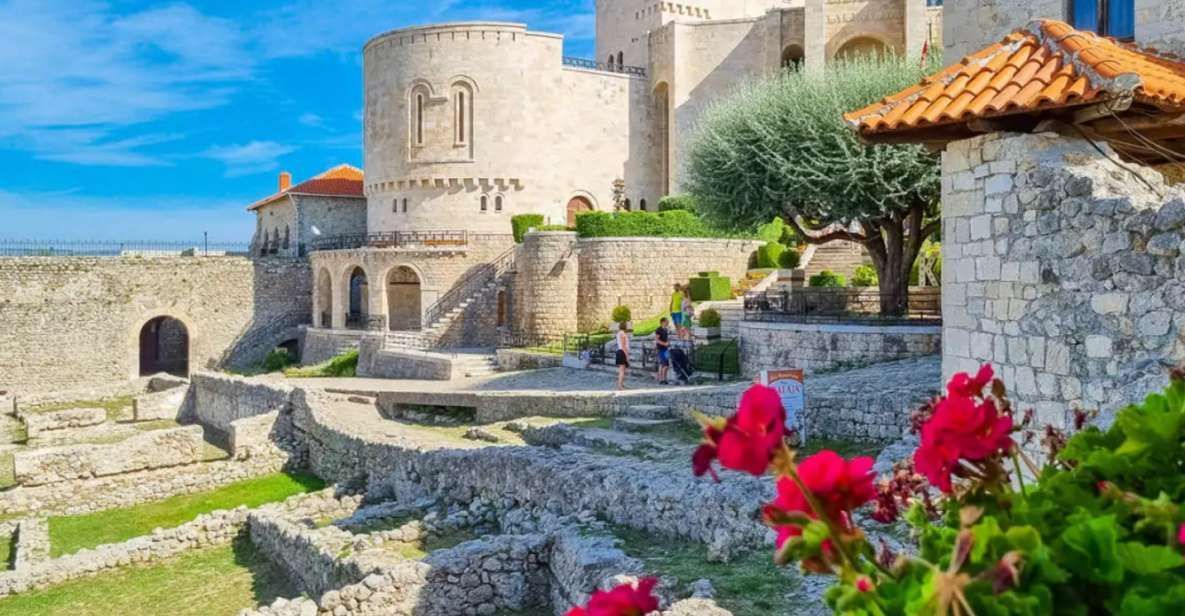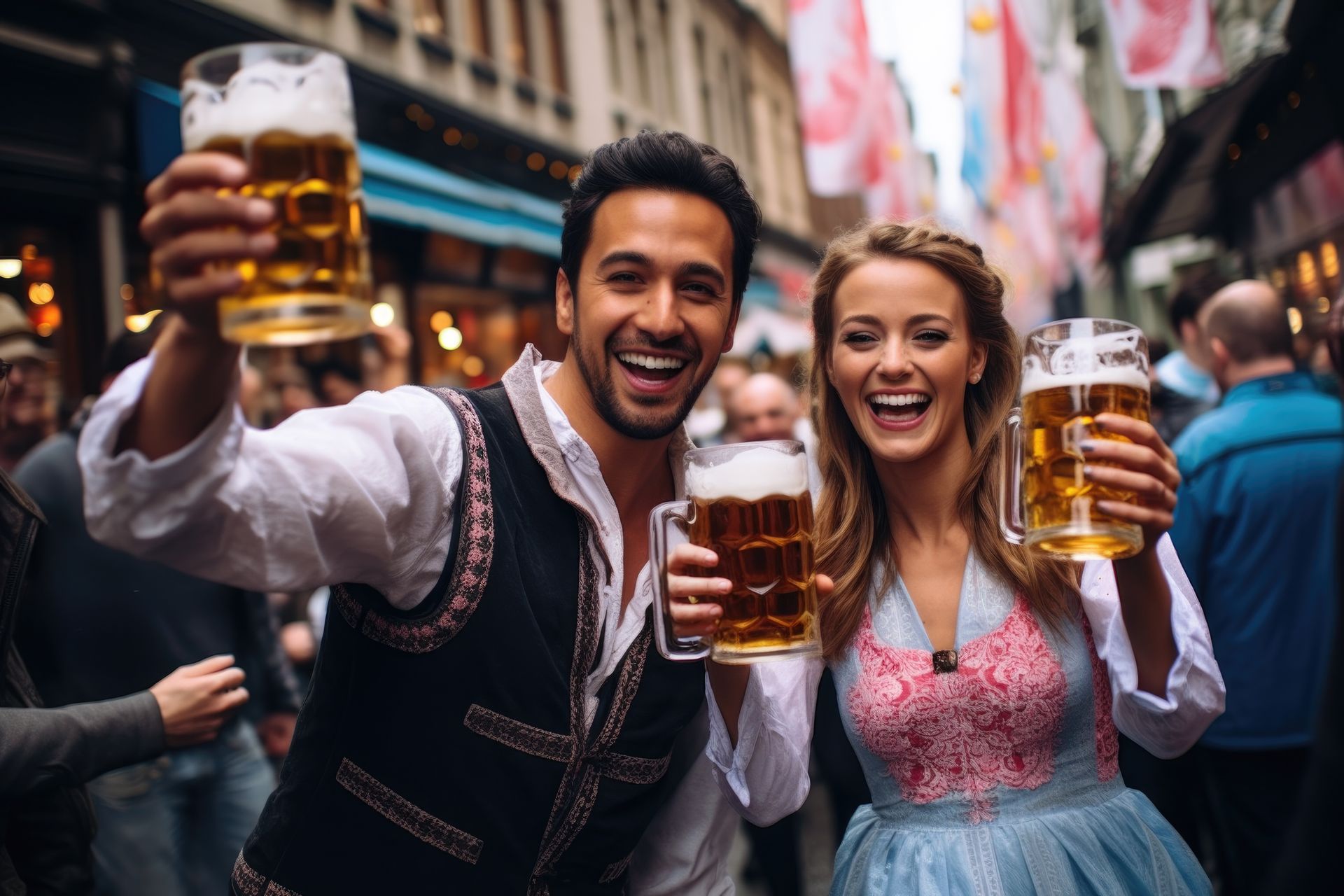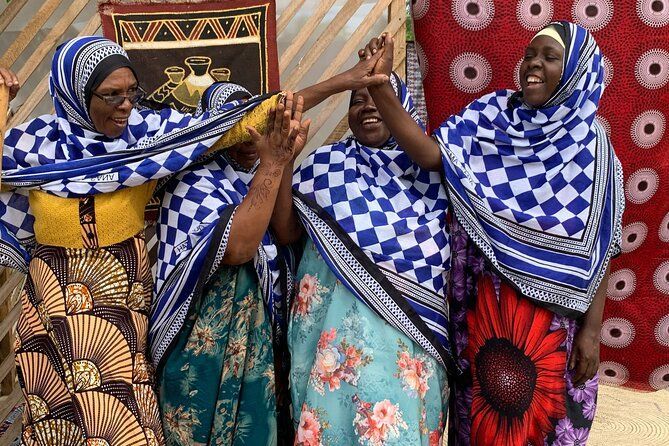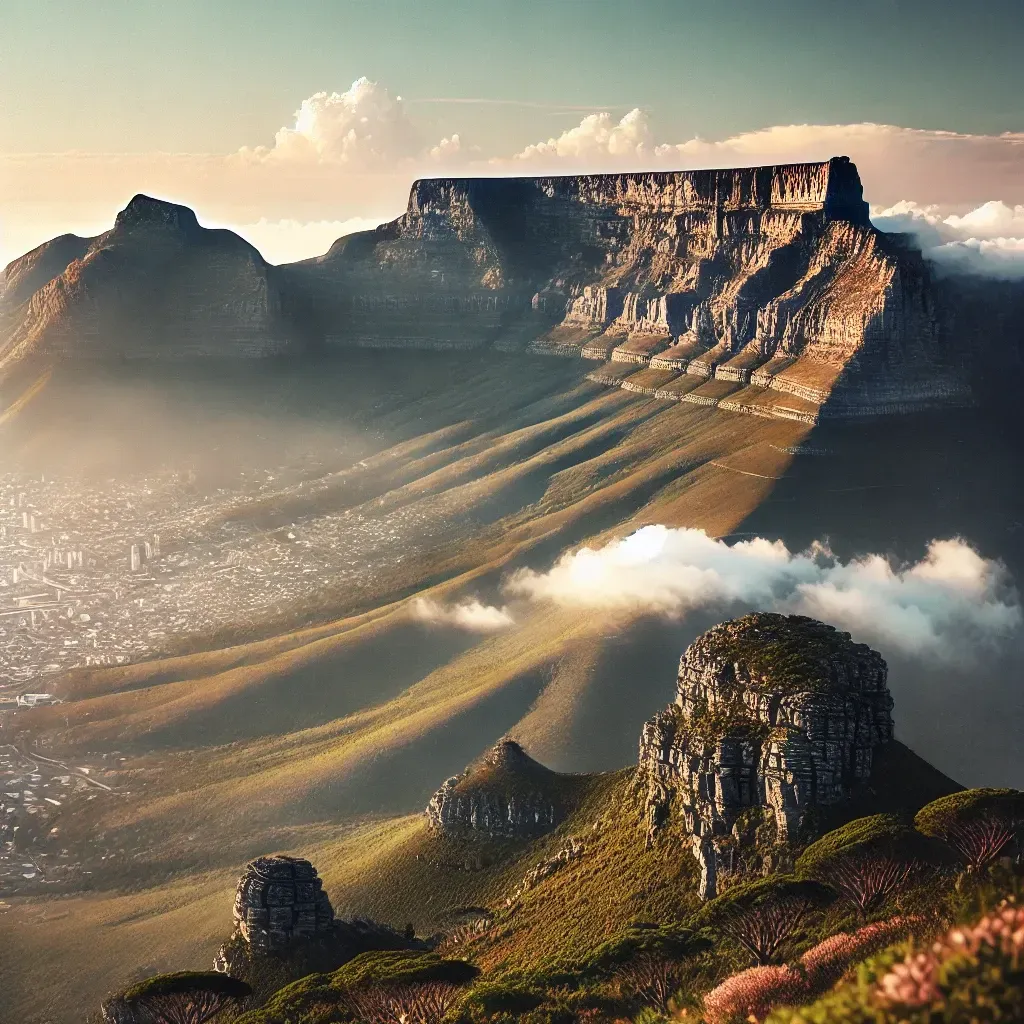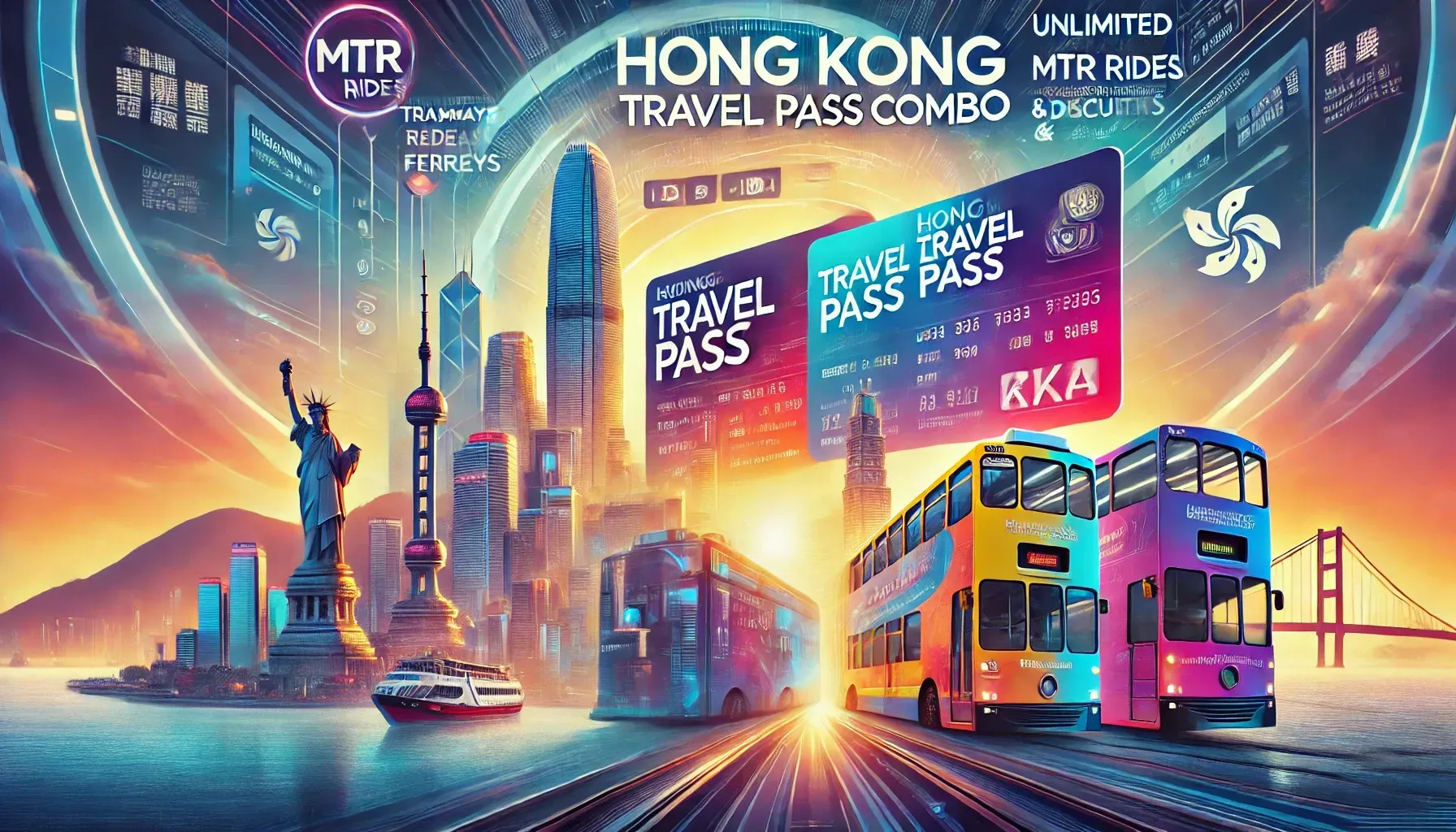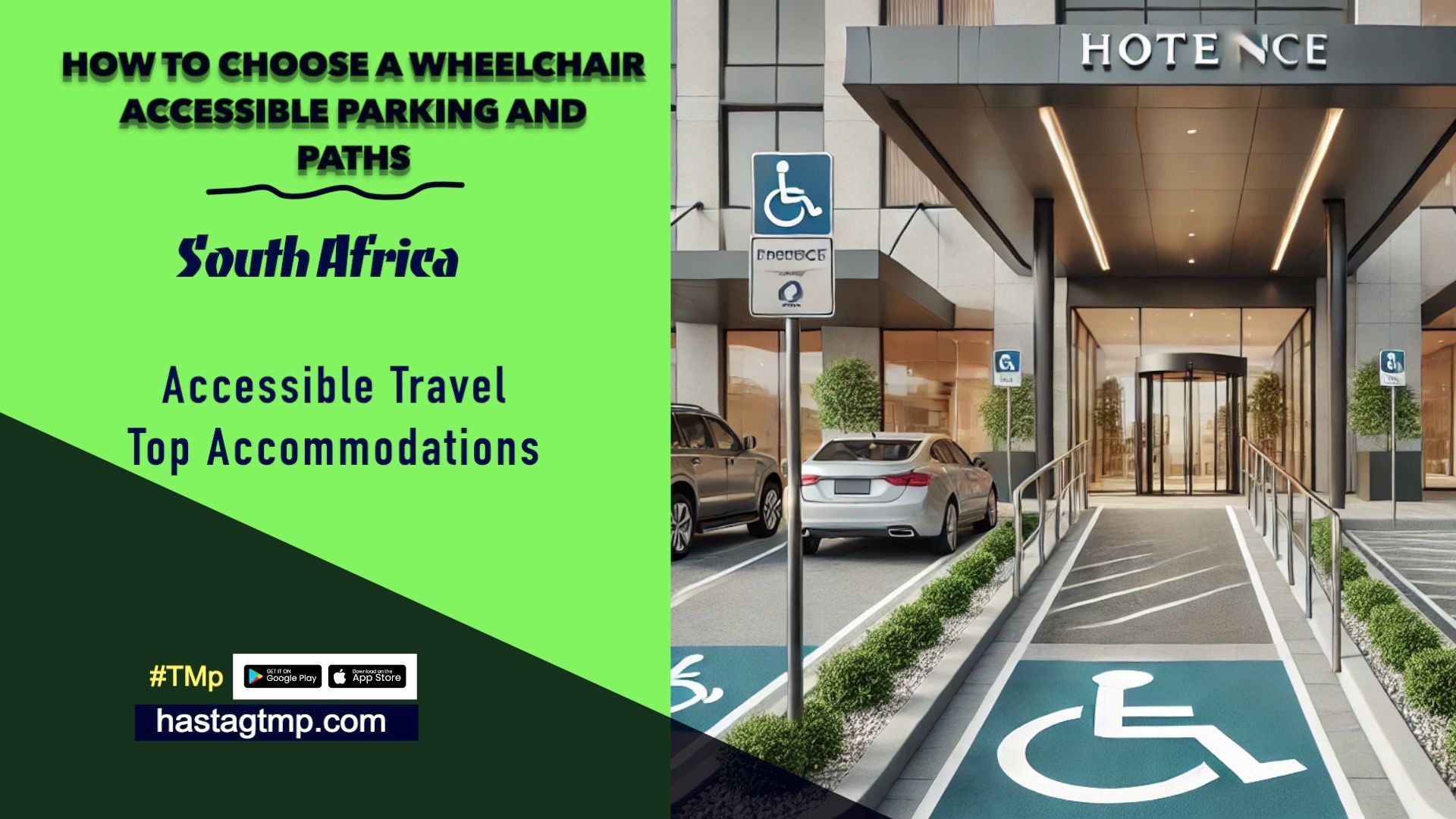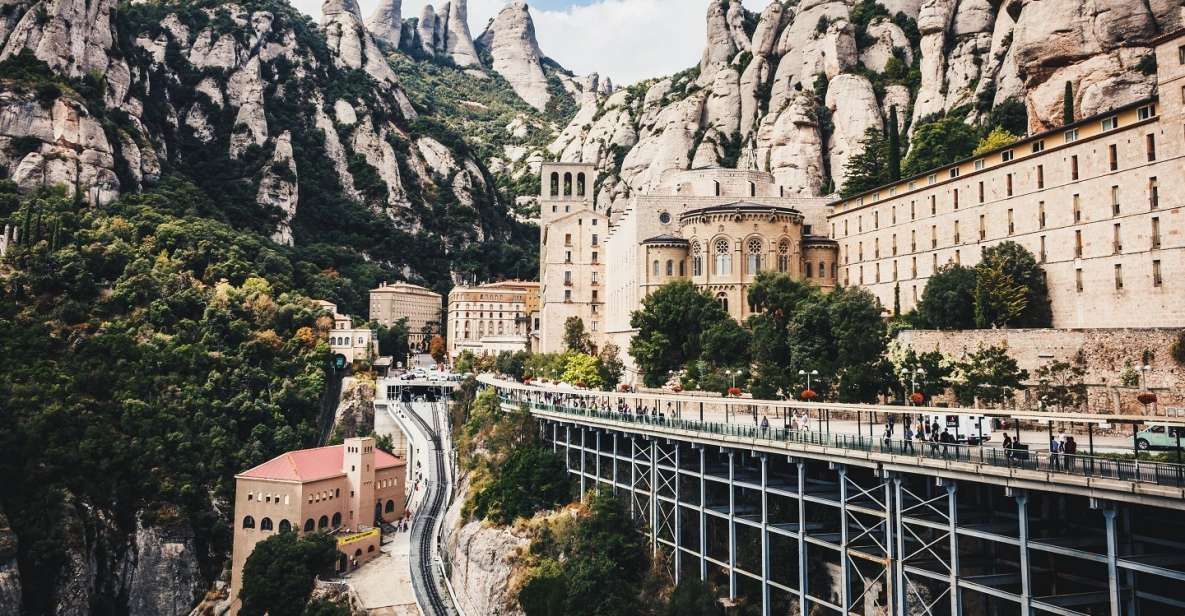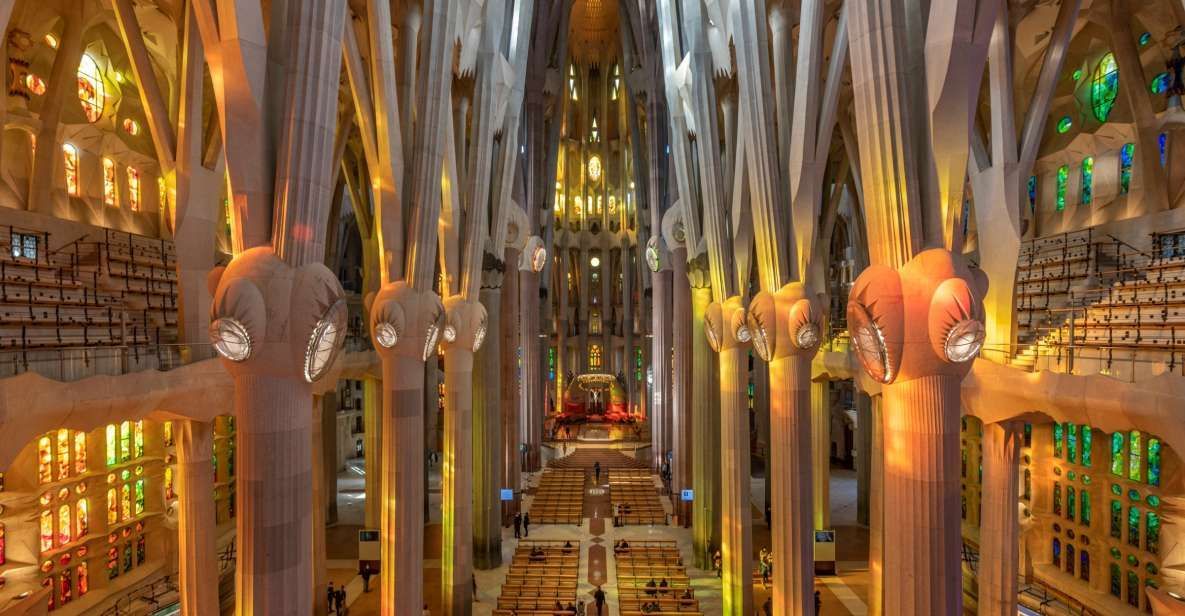Algeria: Things To Do
🌆 Explore Cities & Regions In Algeria
How to Experience Algeria: Top Destinations and Reasons to Go
Algeria, the largest country in Africa, remains one of the continent's best-kept secrets. With its diverse landscapes, rich history, and vibrant culture, Algeria offers an array of experiences for every type of traveler. In this blog, we will uncover how to discover hidden gems, top attractions, and the best things to do in Algeria, along with insights into guided tours, activities, cities of interest, and what to expect from its food, nightlife, and culture.
Top Attractions in Algeria
Algiers: The Vibrant Capital
Algiers, the capital city, is a blend of modernity and history. The Casbah, a UNESCO World Heritage site, is a labyrinth of narrow streets and ancient buildings that transport visitors back in time. The city also boasts beautiful French colonial architecture, particularly evident in the grand post office and the Basilica of Notre-Dame d'Afrique. Don't miss the Martyrs' Memorial, a striking landmark offering panoramic views of the city.
Constantine: The City of Bridges
Known as the "City of Bridges," Constantine is famous for its dramatic cliffs and deep gorges, spanned by a network of historic bridges. The Sidi M'Cid Bridge offers breathtaking views and is an engineering marvel. The city's museums, such as the National Museum of Cirta, provide fascinating insights into Algeria's history and culture.
The Sahara Desert: An Ocean of Sand
No trip to Algeria is complete without exploring the Sahara Desert. Guided tours offer opportunities for camel trekking, sandboarding, and camping under the stars. The town of Tamanrasset serves as a gateway to the Hoggar Mountains, where the landscape is dotted with ancient rock art and oases.
Hidden Gems to Discover
Ghardaïa: A UNESCO World Heritage Site
Ghardaïa, part of the M'Zab Valley, is a hidden gem characterized by its unique architecture and traditional way of life. The town's market is a great place to experience local culture and purchase handmade crafts.
Djemila: Ancient Roman Ruins
The ancient Roman city of Djemila, another UNESCO World Heritage site, is one of the best-preserved Roman ruins in North Africa. The site's well-preserved temples, basilicas, and arches provide a glimpse into the grandeur of Roman civilization.
Timgad: The African Pompeii
Timgad, known as the "African Pompeii," is an ancient Roman city that offers an extraordinary peek into the past. Its grid-like layout and extensive ruins, including a library and a theater, are remarkably well-preserved.
Things to Do and Experiences
Exploring Algerian Cuisine
Algerian cuisine is a delightful blend of Mediterranean, Berber, and Arab influences. Must-try dishes include couscous, tagine, and mechoui (roast lamb). Street food, such as merguez (spicy sausage) and bourek (stuffed pastry), offers quick and tasty bites. Make sure to visit local markets and try traditional sweets like baklava and makroud.
Experiencing the Nightlife
Algeria's nightlife is an exciting mix of traditional and modern. In Algiers, you can find lively bars and nightclubs, while smaller towns often have cafes where locals gather to enjoy music and dance. Live music, particularly Raï, a popular Algerian music genre, is a key feature of the nightlife scene.
Immersing in Culture and Traditions
Algeria's culture is rich with traditions. Attending a local festival, such as the Sahara International Film Festival or the Timgad International Music Festival, is a great way to immerse yourself in the country's vibrant cultural scene. Visiting a hammam (traditional bathhouse) offers a unique and relaxing cultural experience.
Best Time to Visit Algeria
The best time to visit Algeria is during the spring (March to May) and autumn (September to November) when the weather is pleasant and mild. The summer months can be extremely hot, especially in the Sahara, while winters can be quite cold in the northern regions.
Cities of Interest
Oran: The Radiant City
Oran, Algeria's second-largest city, is known for its lively atmosphere and historical sites. The city's highlights include the Santa Cruz Fort, the Great Mosque, and the vibrant seafront promenade. Oran is also the birthplace of Raï music, making it a cultural hotspot.
Annaba: A Blend of History and Nature
Annaba is a picturesque city with a mix of historical and natural attractions. The ancient ruins of Hippo Regius, where St. Augustine once lived, are a major draw. The city's beautiful beaches and the scenic Edough Mountains offer plenty of outdoor activities.
Bejaia: The Pearl of the Mediterranean
Bejaia, located on the Mediterranean coast, is known for its stunning beaches and the iconic Yemma Gouraya Mountain. The city's mix of natural beauty and historical sites, such as the Casbah of Bejaia, make it a must-visit destination.
What to Expect
Traveling in Algeria is a rewarding experience, but it's essential to be prepared. The country is known for its hospitality, with locals often going out of their way to welcome visitors. French and Arabic are the main languages spoken, so a basic understanding of either can be helpful. While Algeria is generally safe for tourists, it's advisable to stay informed about the current political situation and follow travel advisories.
Conclusion
Algeria is a land of contrasts, where ancient history meets modern life and vast deserts meet bustling cities. From exploring hidden gems and top attractions to indulging in delicious cuisine and experiencing vibrant nightlife, Algeria offers a wealth of unforgettable experiences. Whether you're wandering through ancient Roman ruins, trekking in the Sahara, or enjoying a meal in a traditional restaurant, Algeria is sure to captivate and inspire. So pack your bags and set off on an adventure to discover the many treasures that Algeria has to offer.
🎧 From Our AUDIO BLOG
